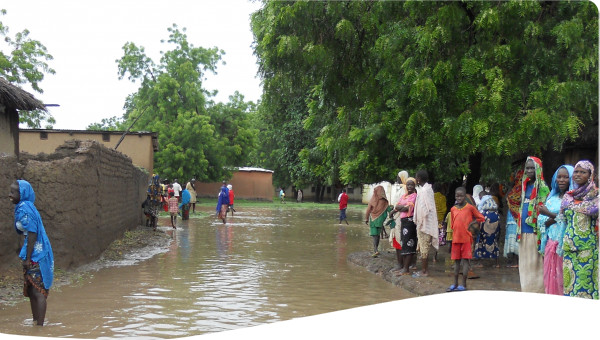In most developing countries rural, peri-urban slum women and girls spend several hours every day in water accession and management. Climate change coupled with demographic and technological factors further confound this scenario. This study assesses the vulnerability of poor women to climate-linked water insecurities in Delhi, the capital of India, where almost 20 per cent of its people live in slums and related settlements. This study made a qualitative and quantitative assessment of water-related needs of women living in slums across different regions of the city. Considering the rapid growth of slums, climatic changes and little change in the gendered distribution of domestic responsibilities, women are likely to spend huge amounts of time in meeting their practical gender needs of water and other resources. Their strategic gender needs of education, skill development and income will continue to be ignored leading to persistent gender gaps in attainments in different sectors. It is therefore very important to enhance the overall adaptive capacity of urban poor women to face the challenges of rapid urbanisation and climate change.
Description / Abstract
Publication year
Country
Region
Publisher
English
 Resource -
Resource -
